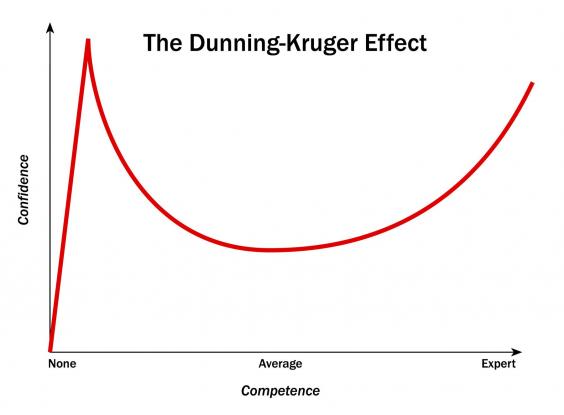Mythopoet
 Auror
Auror
Maybe it's just me, but it really annoys me. Sometimes it even makes me feel angry. (shock!) Not at anyone in particular. Not even at the person who wrote the article. Such articles usually list at best a handful of methods that are approved by the article writer based on what their personal taste is. I read such articles and they just seem so limited to me. And it's not even that the advice contained therein is terrible advice. Often enough, the methods listed are good, reliable methods. And I'm sure they are helpful to new writers who feel uncertain about how to tell their story.
But I feel as though such articles suggest a false idea about storytelling: that if you want to accomplish a specific effect within your story, there are certain particular ways of doing it. This idea seems so pervasive around the writing communities I have frequented, including here. How many threads do we get here asking some variation on the theme "I want to do this thing in my story, please tell me how to do it". And many of the wonderful, friendly posters here do their best to give the person an answer. But every time I see such a question, and not just here, I can't help thinking that these aspiring writers are missing the essential nature of being a storyteller.
Being a storyteller means that you have to decide the best way to tell your story. The way it is expressed needs to come from you. Not a formula or a method or the advice of other people. Because there are an infinite amount of ways to tell stories. There aren't just a handful of ways to make a character sympathetic or create a plot or convey important information or any of the things that the story needs to do. Every writer is unique, every story is unique, every character is unique. It all the depends on your choices, as the storyteller. If you have someone else give you the answers or even just use generalized writing advice to form your story... I just feel like you're missing out on the whole point.
But then, not having finished any stories of my own to speak of, I'm probably not one to talk. Maybe if I was capable of writing to formula or at least proven method I'd have actually accomplished something by now.
But I feel as though such articles suggest a false idea about storytelling: that if you want to accomplish a specific effect within your story, there are certain particular ways of doing it. This idea seems so pervasive around the writing communities I have frequented, including here. How many threads do we get here asking some variation on the theme "I want to do this thing in my story, please tell me how to do it". And many of the wonderful, friendly posters here do their best to give the person an answer. But every time I see such a question, and not just here, I can't help thinking that these aspiring writers are missing the essential nature of being a storyteller.
Being a storyteller means that you have to decide the best way to tell your story. The way it is expressed needs to come from you. Not a formula or a method or the advice of other people. Because there are an infinite amount of ways to tell stories. There aren't just a handful of ways to make a character sympathetic or create a plot or convey important information or any of the things that the story needs to do. Every writer is unique, every story is unique, every character is unique. It all the depends on your choices, as the storyteller. If you have someone else give you the answers or even just use generalized writing advice to form your story... I just feel like you're missing out on the whole point.
But then, not having finished any stories of my own to speak of, I'm probably not one to talk. Maybe if I was capable of writing to formula or at least proven method I'd have actually accomplished something by now.


 Myth Weaver
Myth Weaver
 Archmage
Archmage